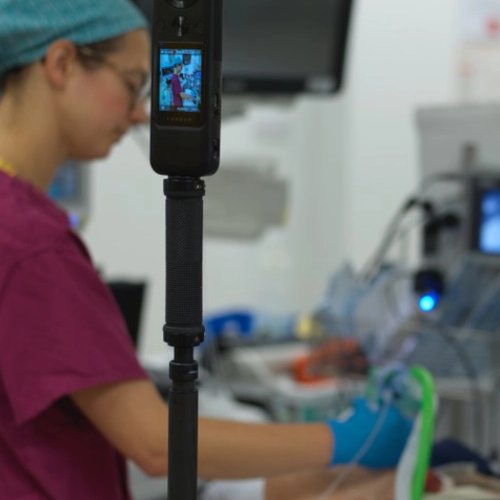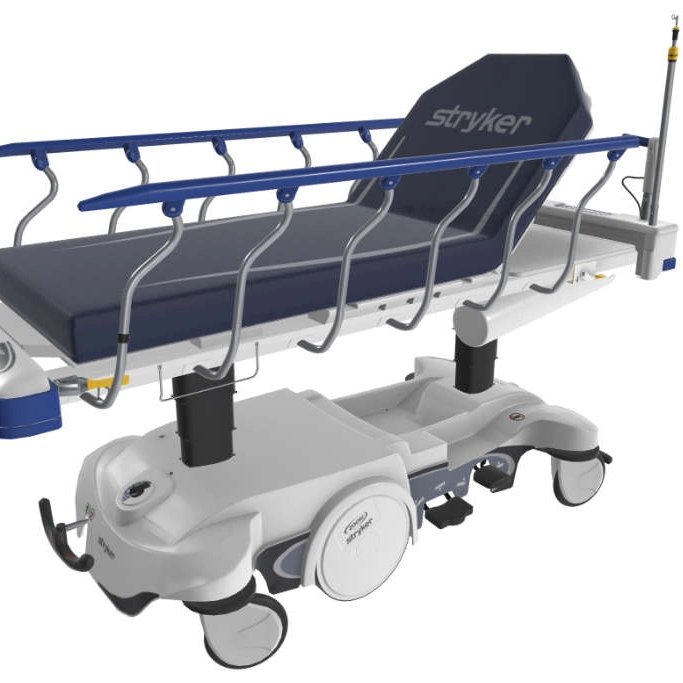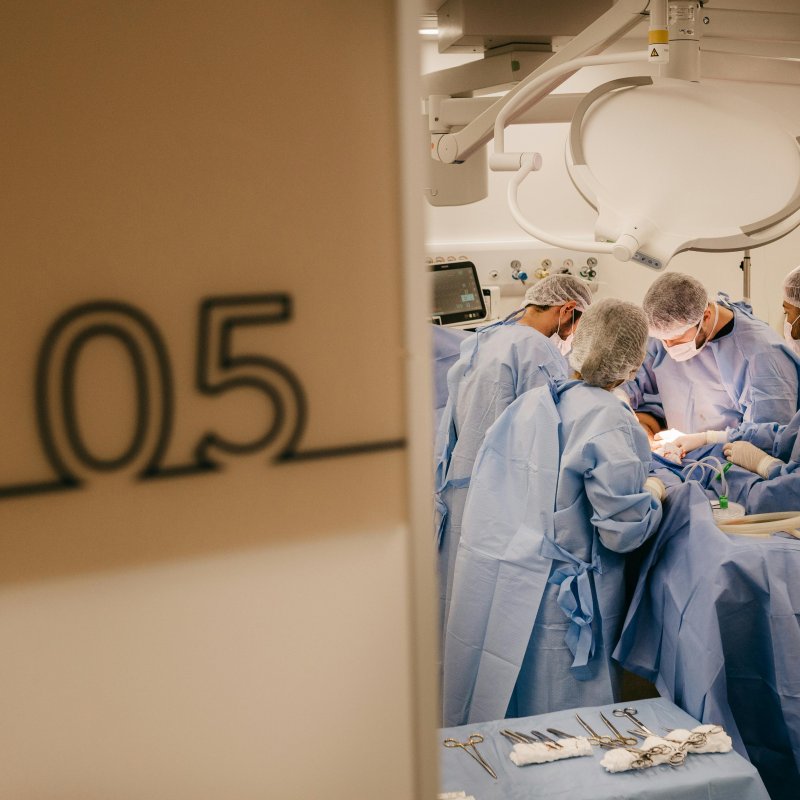Contact Us
+44 20 32897141 / 1 Pickle Mews, London, SW9 0FJ
3 Ways VR is Being Applied to Surgical Training
Published
Mar 06, 2025
Tags
There’s no denying it – to be an excellent surgeon, you need to put the time into training, researching, and practising your craft. Access to the operating theatre is core to all these activities, but the opportunity to watch or take part in a surgery can be difficult to come by. Rotas, availability of trainers, and emergencies are just some of the factors that can get in the way of surgical training. They're also three factors that virtual reality (VR) is helping to omit.
Surgical Training in the UK
Most budding surgeons opt for the training pathway to get into the specialty. It's the most direct route through surgical training, though still takes some eight years to complete when you factor in foundation training, core surgical training, higher speciality training and sub-specialty fellowships. The training pathway lets you choose if you’d like to train in a speciality, including:
- Trauma and orthopaedics
- Cardiothoracics
- ENT (ear, nose and throat)
- Urology
- Neurosurgery
To progress through the different stages of surgical training, surgeons need to take part in exams and courses, which come at a cost. While some financial support is now available for attending mandatory courses (like Advanced Trauma Life Support (ATLS)), there’s still a considerable amount of money needed to progress through each surgical training stage. It’s a barrier to the profession itself – a single exam starts at around £700, and if you fail, that’s another £700 until you pass.
Barriers to Surgical Training
Cost is one of the barriers to traditional surgical training in the UK and NHS, particularly for aspiring surgeons. But even once you’ve completed core training and passed your exams and, there’s still several challenges when trying to advance your skills.
- Cases can overrun, meaning theatres are shorter on time than usual so there’s less time to train.
- Theatre availability is often few and far between and demonstrating or practising a technique in another environment feels unrealistic.
- Sometimes, there’s not enough mentors and some who choose to perform procedures themselves rather than allowing their surgical trainees to practise.
These are all reasons we’re seeing a rise in the number of hospitals taking on VR training to complement their surgical programmes. Surgeons can immerse themselves in a virtual theatre, then follow all the procedures and stages involved in a surgery – without all the factors needed for a surgery to be present and working together. Whether a surgeon wears a headset and uses controllers for the full medical VR experience or watches a FullVR simulation via a laptop, they’re transported to a virtual theatre where they can observe or even practise operations from a paediatric rigid bronchoscopy to a hip replacement.
Impact of Surgery VR Training
VR is just as effective – if not more – at training surgeons to the required skill level and competency. In fact, research found that training surgeons with VR experiences (compared to standard video instruction) resulted in:
- Higher rates of accurate procedure completion
- Fewer errors
- Reduced time taken to perform the operation
You can begin to see why VR is being favoured in surgical training programmes across England. Below, we’ve listed three of the most impactful ways virtual reality technologies are growing in use by budding and experienced surgeons alike.
Applications of VR in Surgical Training
1. General and emergency surgeries
Keyhole surgery has become a leading speciality of general surgeons – and it’s plain to see why. Keyhole procedures are minimally invasive, meaning quicker recoveries and smaller scars for patients. With more surgeries favouring the laparoscopy approach, there’s more demand for training on it. So, there’s ample scope for medical VR training to educate the surgical workforce on this advancing procedure and others to come.
What's more, a fair amount of a general surgeon’s workload ends up as emergency surgery – a large proportion of patients in for general surgeries end up acutely presenting with abdominal pain. VR is increasingly being used to increase both their knowledge and skills competencies of emergency procedures so operations can be as efficient and effective as possible.
2. New procedure training
Surgical VR training is a safe way of training and assessing surgeons on new techniques and procedures, because there’s zero risk to patients. When virtual reality is used, a surgeon can watch, pause, and rewind a training film and then put theory into practice an unlimited number of times. This helps them to grow their confidence in their ability to carry out the procedure and reduces the need to put patients at higher risk of complications from newer or infrequent operations, and less experienced surgeons.
3. Technique exploration
In a similar way, surgery training via VR empowers surgeons and academic researchers to test their technical and procedural theories in a remote setting. Often, evolving techniques, like Trans-oral thyroid surgery, the expansion of robotic procedures, and implantable hearing devices are presented at conferences both here in the UK and overseas, which costs surgeons and/or employers (like the NHS and private healthcare providers) both money and time. Yet with VR, you remove this need. Clinicians can still attend gatherings about new surgical techniques, but they can do so remotely, with the added bonus of actually being able to take part in the VR demonstration.
The Future of Surgery Training
For surgery training in the UK to advance and keep up with developments across the rest of the world, it needs to embrace technologies, like virtual reality, to reduce barriers to accessibility.
To experience surgery VR training, click here.
Most recent posts
Like what you read?
Please get in touch with us.



